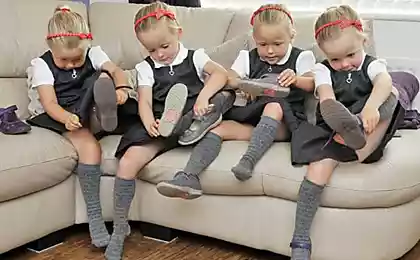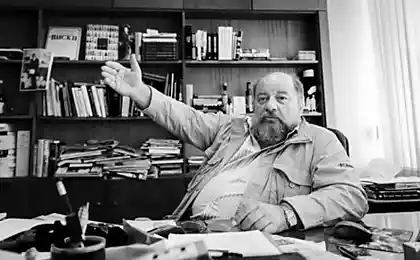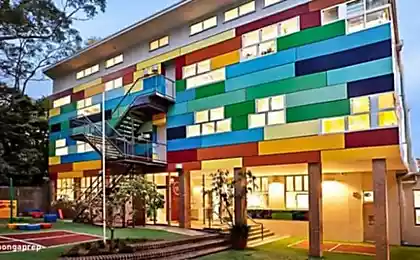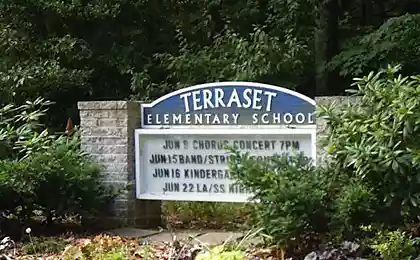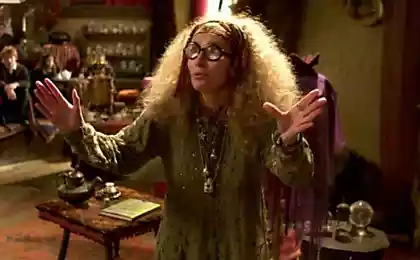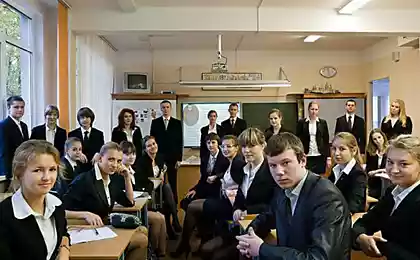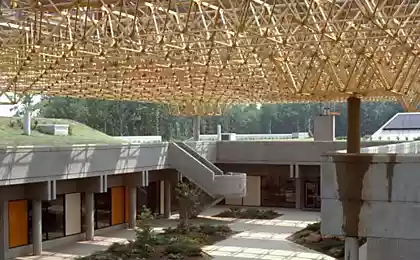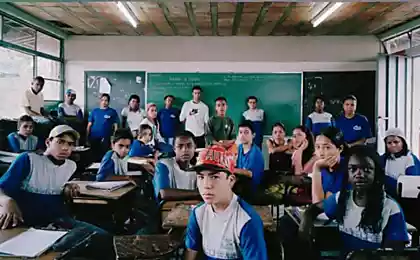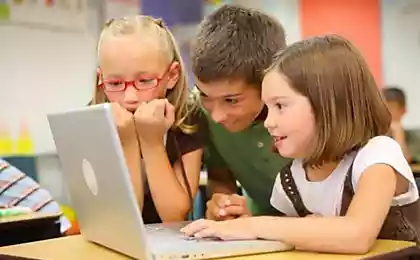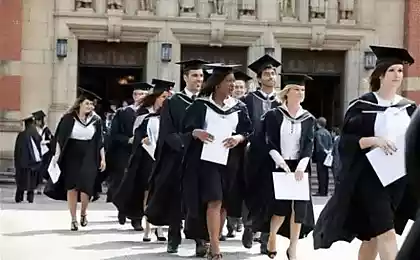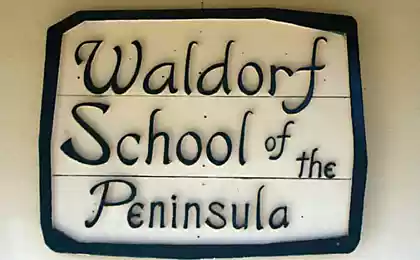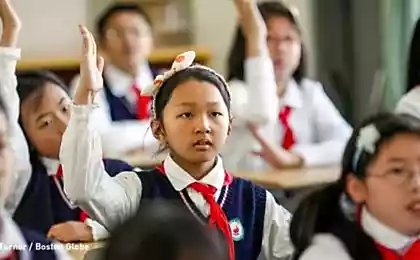178
How education is arranged in English schools
Schooling is the most important period for every child, because here he not only learns to solve simple and complex problems, but also gains experience of interaction with peers and adults. Therefore, it is important for parents to choose such a place for training their child, where he will be comfortable and most useful for himself to spend time.
Today, we hear more and more criticism of Russian schools, so we were interested in the situation with education in developed countries. And today's edition. "Site" They will talk about whether or not schooling Better than us. What advantages do our schools have?
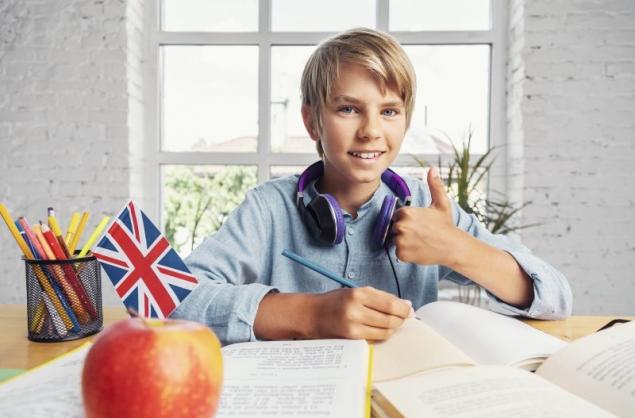
Already at the age of 3, local children are sent to a kindergarten at school, and at 4 they are sent to a preparatory class. The real school starts at 5 years old. It is not necessary to give a child to the preparatory class and you can study with him at home, but if you want to get to a certain school, then it will be almost impossible to do this without visiting the preparatory class.
Therefore, there is no choice, and from the age of 4, children begin to gnaw at the granite of science. At the same time, psychologists continue to resent the fact that children take away their childhood, sending them to school not at 7, but at 6 years old. According to experts, at an early age you should run, play, improve fine motor skills and develop imagination, and not walk in formation.
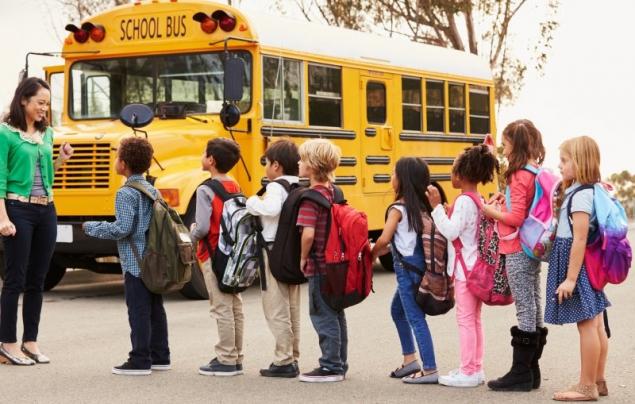
And although in English elementary school children spend a lot of time in the movement, walking in the fresh air and playing, they still have to live from 9 to 15 in a secure institution and wear a uniform. But for parents, early education is a great help, because you can devote time to work and yourself.
Since school begins at such an early age, children there may forget about such a familiar thing as “daytime sleep”. At the age of 2, young English people stop sleeping during the day. And in kindergartens there are simply no bedrooms with beds where you can rest. British experts are sure that it is better for babies to sleep for a long period of time, at night.
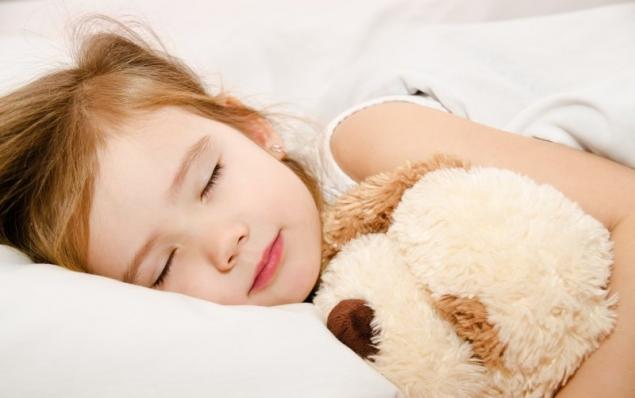
This system is more convenient for parents, and there is a reason for this. There is a short maternity leave: only 9-12 months, after which you need to go to work. There are only private nurseries, but they are the most expensive in Europe, and babysitter services cost almost the same amount. Starting school early is a gift for parents.
Schoolchildren in England No need for textbooks and heavy backpacks. Public schools begin by giving children small folders with pens, where there are also sheets with tasks.
Reading here begins not with letters, but with syllables and whole words, immediately learn to read books with stories. Children also take these books home, where they work with their parents. For a couple of years, this is almost the only homework assignment. Mathematics is also added later. And all the books, notebooks and necessary materials children receive in school. You don't have to buy anything.
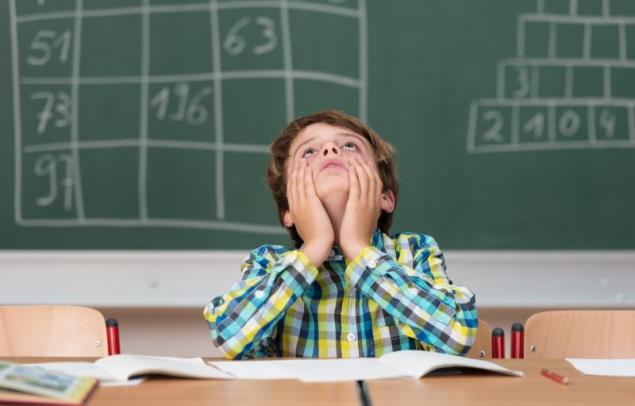
You can only choose a school for a child, teachers change every year. And if we prefer to give the child to a good mentor teacher, despite high school, in England this is not the case, and children every year have to get used to a new teacher.
Meetings of each parent with the teacher take place by appointment. At the same time, there is a unique (in other words, you can not say) opportunity to see the notebooks of the child, to understand what is going on in school, what difficulties and successes the child has in school. They don't give them home. Private schools are more open and parents can always see what their child is doing.
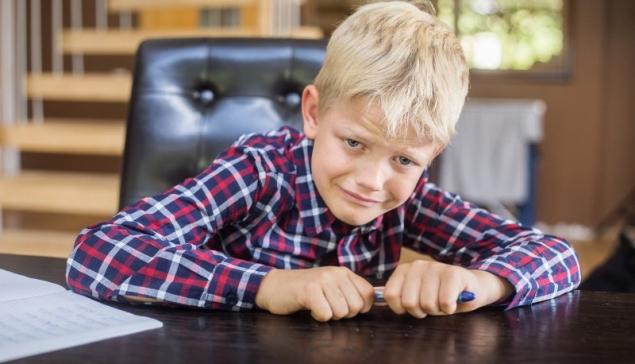
At the end of the school year, a report is compiled for each child: they indicate strengths and weaknesses, describe his success in each subject separately. The disadvantage is that from such characteristics it is not always clear at what level your child is compared to other children.
The teaching of foreign languages is rather frivolous. One French lesson a week for the last couple of years is common in public schools. Of course, learning something in this mode is unrealistic. But in private schools, they study Latin, French, Spanish, and Chinese. German and Italian are rarely taught.
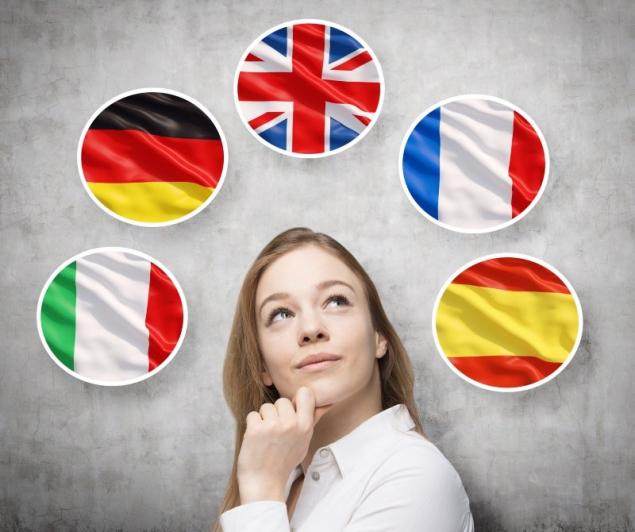
Another strange thing can be considered. schooling. Moreover, in primary school, children study together, in secondary school they are often separated, and the last 2 years children work in the same class again. It is about teaching methods for different ages.
The kids at school don't shake like we do. Children can go to school with colds and snot. No quarantines, either. It is believed that if one child has chickenpox, then let others get sick now rather than suffer in adulthood.
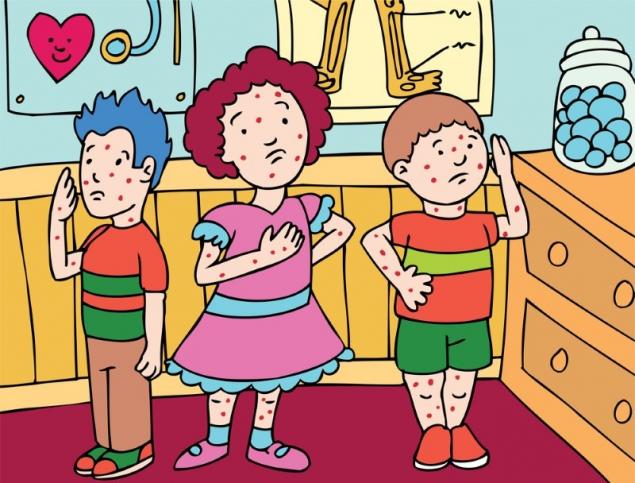
But there is a lot of sports here, especially team types. It is understandable, because in the process of games and training there is a natural communication. Rugby (contact and very tough sport) is especially popular, as is football. In private schools, you can give your child judo, karate, tennis, rowing or even horseback riding. Any whim for parental money.
Today, we hear more and more criticism of Russian schools, so we were interested in the situation with education in developed countries. And today's edition. "Site" They will talk about whether or not schooling Better than us. What advantages do our schools have?

Already at the age of 3, local children are sent to a kindergarten at school, and at 4 they are sent to a preparatory class. The real school starts at 5 years old. It is not necessary to give a child to the preparatory class and you can study with him at home, but if you want to get to a certain school, then it will be almost impossible to do this without visiting the preparatory class.
Therefore, there is no choice, and from the age of 4, children begin to gnaw at the granite of science. At the same time, psychologists continue to resent the fact that children take away their childhood, sending them to school not at 7, but at 6 years old. According to experts, at an early age you should run, play, improve fine motor skills and develop imagination, and not walk in formation.

And although in English elementary school children spend a lot of time in the movement, walking in the fresh air and playing, they still have to live from 9 to 15 in a secure institution and wear a uniform. But for parents, early education is a great help, because you can devote time to work and yourself.
Since school begins at such an early age, children there may forget about such a familiar thing as “daytime sleep”. At the age of 2, young English people stop sleeping during the day. And in kindergartens there are simply no bedrooms with beds where you can rest. British experts are sure that it is better for babies to sleep for a long period of time, at night.

This system is more convenient for parents, and there is a reason for this. There is a short maternity leave: only 9-12 months, after which you need to go to work. There are only private nurseries, but they are the most expensive in Europe, and babysitter services cost almost the same amount. Starting school early is a gift for parents.
Schoolchildren in England No need for textbooks and heavy backpacks. Public schools begin by giving children small folders with pens, where there are also sheets with tasks.
Reading here begins not with letters, but with syllables and whole words, immediately learn to read books with stories. Children also take these books home, where they work with their parents. For a couple of years, this is almost the only homework assignment. Mathematics is also added later. And all the books, notebooks and necessary materials children receive in school. You don't have to buy anything.

You can only choose a school for a child, teachers change every year. And if we prefer to give the child to a good mentor teacher, despite high school, in England this is not the case, and children every year have to get used to a new teacher.
Meetings of each parent with the teacher take place by appointment. At the same time, there is a unique (in other words, you can not say) opportunity to see the notebooks of the child, to understand what is going on in school, what difficulties and successes the child has in school. They don't give them home. Private schools are more open and parents can always see what their child is doing.

At the end of the school year, a report is compiled for each child: they indicate strengths and weaknesses, describe his success in each subject separately. The disadvantage is that from such characteristics it is not always clear at what level your child is compared to other children.
The teaching of foreign languages is rather frivolous. One French lesson a week for the last couple of years is common in public schools. Of course, learning something in this mode is unrealistic. But in private schools, they study Latin, French, Spanish, and Chinese. German and Italian are rarely taught.

Another strange thing can be considered. schooling. Moreover, in primary school, children study together, in secondary school they are often separated, and the last 2 years children work in the same class again. It is about teaching methods for different ages.
The kids at school don't shake like we do. Children can go to school with colds and snot. No quarantines, either. It is believed that if one child has chickenpox, then let others get sick now rather than suffer in adulthood.

But there is a lot of sports here, especially team types. It is understandable, because in the process of games and training there is a natural communication. Rugby (contact and very tough sport) is especially popular, as is football. In private schools, you can give your child judo, karate, tennis, rowing or even horseback riding. Any whim for parental money.


